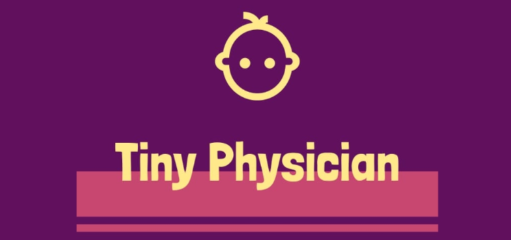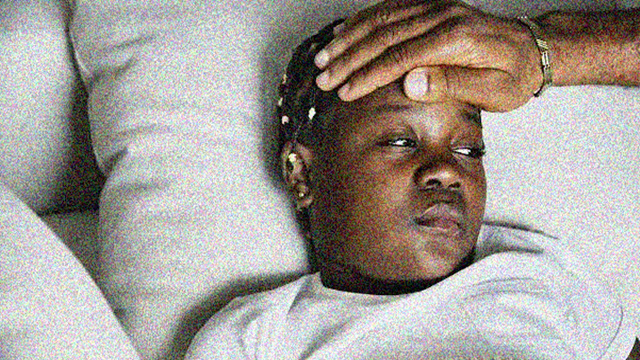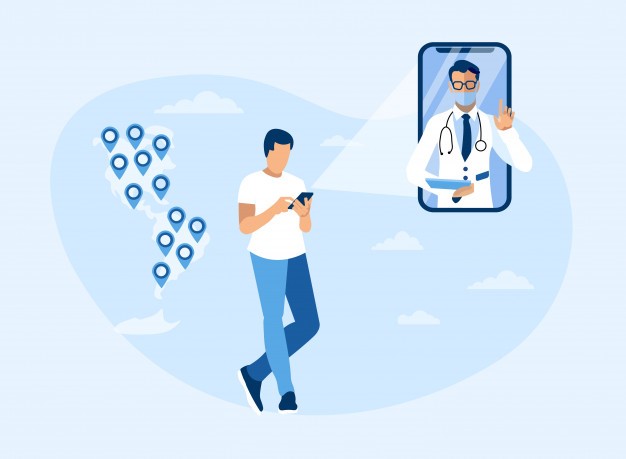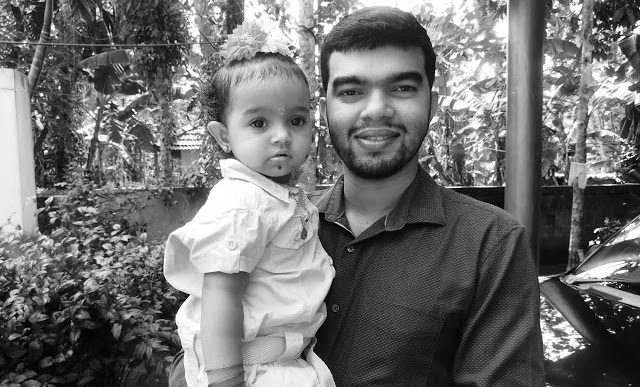Almost a month ago, I was forced to go into isolation as I had high-risk contact with a COVID positive case. I was apprehensive and at the same time, I was curious also as I could never imagine myself living alone inside a room for a considerable amount of time. Around 10 other resident doctors were with me at the same quarantine facility for isolation and we were prepared to stay there for 10 days. We packed an adequate number of dresses and consumables, and left to the isolation facility. Despite the excellent accommodation I got (a spacious room with attached washroom), I wasn’t at my best state of mind during that period. Notwithstanding the tiny duration, it was an experience that changed my perspective towards life. I will share a few lessons which I learned and I wish to carry forward in my life.
Loneliness can take a toll on your mental well-being
I had a fair idea beforehand itself that the coming days wouldn’t be enjoyable at all, provided the nature of quarantine that we were practicing. The person who is on quarantine cannot come out of his room and the only human being that he/she will see will be the one who comes to serve food. Within 24 hours itself, I started to have discomfort with the way it was progressing. Notwithstanding the fact that I got food on time and got a decent accommodation, loneliness started to torture me and the intensity of that torture increased day by day. All I could do was to sleep for nearly 12 hours and to try various mobile apps to keep myself engaged. Despite my all possible efforts, this pandemic induced seclusion got better of me, and I wasn’t in my best state of mind. I couldn’t do video call with my family as I used to do because I was apprehensive that they might get a clue from the background that I am on quarantine.
Nothing more beautiful than interacting with another fellow human being
Unlike my elder brother who can interact with ease even with strangers, I always stayed in my comfort zone in all these years as far as interacting with people is concerned. I could talk for hours with people who shared the same wavelength as that of mine but I wasn’t a genuine initiator of a conversation. Nonetheless, I would have been so glad had I got a stranger or even my worst enemy to talk during the quarantine period and I was craving for a companion to talk. Voice and video calls with friends could help me a bit but only to a limited extent and I wish I had a friend in the same room. When I came back to normal life, I never felt the same hesitancy which I used to have to talk with strangers.
Social Media and OTT platforms are not limitless
Like any other proud millennial, I had the habit of looking at my smart phone for no great reason all the time. Even though there wasn’t a cat in a hell chance to receive a message, I used to check for new notifications and feed in WhatsApp at 1:00 AM too. This isolated life taught me that this digital world cannot replace the joy that we get from the real world and that we cannot engage ourselves all the time using apps. I tried multiple new apps, saw an array of movies in Netflix, etc. to get rid of boredom but those digital commodities couldn’t keep me entertained for not more than 5 hours.
Importance of psychiatric support
There have been instances in the past 6 months in which the people in isolation committed suicide, especially the ones who already had psychiatric morbidity. I could correlate how this isolation can make a mess of the mental status once I got the first-hand experience of quarantine. I felt after a week inside the room that, there is nothing to look forward to and luckily, my quarantine got over in 10 days. In the initial phase of this pandemic, psychiatric support was given to all people in isolation through phone calls in states like Kerala as the case number was low and unfortunately that is not the case now. India’s COVID tally is now over three million Psychiatry residents in most of the medical colleges are taking COVID duty as it impossible for the Medicine department alone to tackle COVID. Nevertheless, we need to screen for any psychiatric illness before keeping any person in isolation as remoteness itself can worsen their illness, let alone the crisis created by COVID.
Food can change your mood
As a foodie, I expected some tasty food, at least one meal of total three of a day. Despite my best efforts to find something outstanding about the served food, I couldn’t find anything optimistic about it. Don’t consider me as a pessimist, who is too critical of everything, but the food literally was tasteless and I ate it just because of hunger. Maybe that was the problem of that particular quarantine facility and in fact, news agencies had previously reported positive reviews about the food given to people in isolation. As life confined to a room wasn’t providing any positive vibes, food was one of the few things which could bring a smile on my face. Friends from my hostel brought food parcels when the food at isolation was terrible and it did help me stay optimistic.
Immediately after coming back to the normal routine, I had to take hectic NICU shifts at the hospital, and paradoxically I was feeling happy as I badly wanted to be back in the busy routine of resident life. Those 10 days changed me quite a bit and now I understand how people feel in certain conditions especially those who feel lonely and moreover, I understand the importance of fellow human beings in our lives.
Please give your valuable feedback as comments in the comments section.




